BY TIM ROEMER
 President Donald Trump likes winning. He tweets about it, boasts of his prowess, and is quick to remind all who will listen of his purported successes. Unfortunately, when it comes to the U.S. president’s foreign policy, he’s losing battles far too often, with stalled North Korean nuclear talks, tattered trust with NATO allies, and a poorly planned trade war with China. Added together, the United States is losing credibility and allies around the world. If Trump wants to win, he should think “huge.” He should think about the largest democracy in the world, which is also one of the world’s fastest-growing economies. He should build a relationship that can get China’s attention while speaking to a powerful Indian diaspora at home. A president’s time is an invaluable resource; where and how it’s spent can affect war and peace. Trump should invest his time into India, where the 2+2 talks, which start on Thursday, are a perfect opportunity to put the U.S.-India partnership back in the win column.
President Donald Trump likes winning. He tweets about it, boasts of his prowess, and is quick to remind all who will listen of his purported successes. Unfortunately, when it comes to the U.S. president’s foreign policy, he’s losing battles far too often, with stalled North Korean nuclear talks, tattered trust with NATO allies, and a poorly planned trade war with China. Added together, the United States is losing credibility and allies around the world. If Trump wants to win, he should think “huge.” He should think about the largest democracy in the world, which is also one of the world’s fastest-growing economies. He should build a relationship that can get China’s attention while speaking to a powerful Indian diaspora at home. A president’s time is an invaluable resource; where and how it’s spent can affect war and peace. Trump should invest his time into India, where the 2+2 talks, which start on Thursday, are a perfect opportunity to put the U.S.-India partnership back in the win column.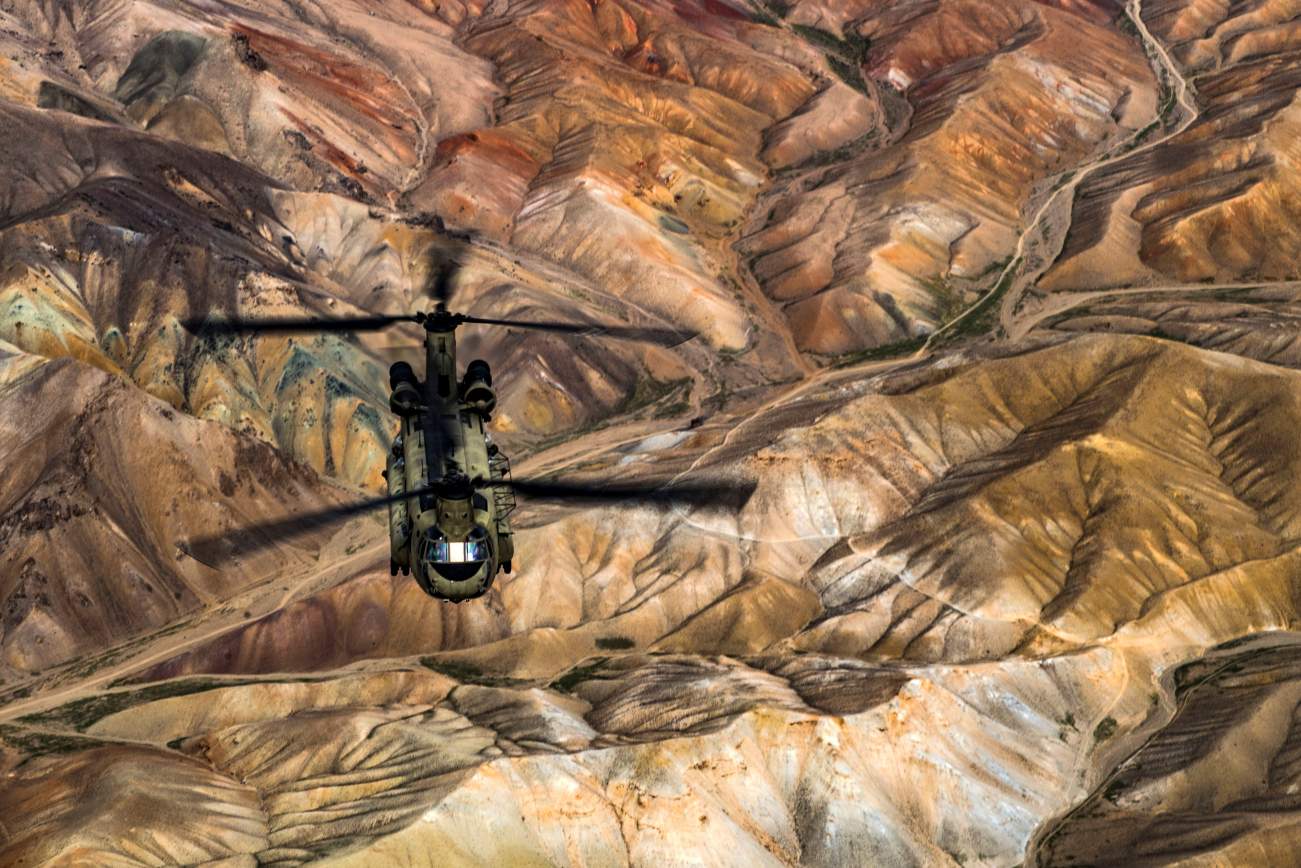

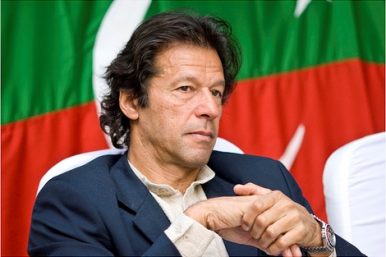
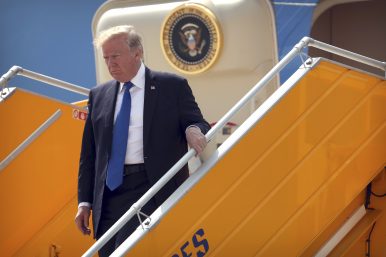


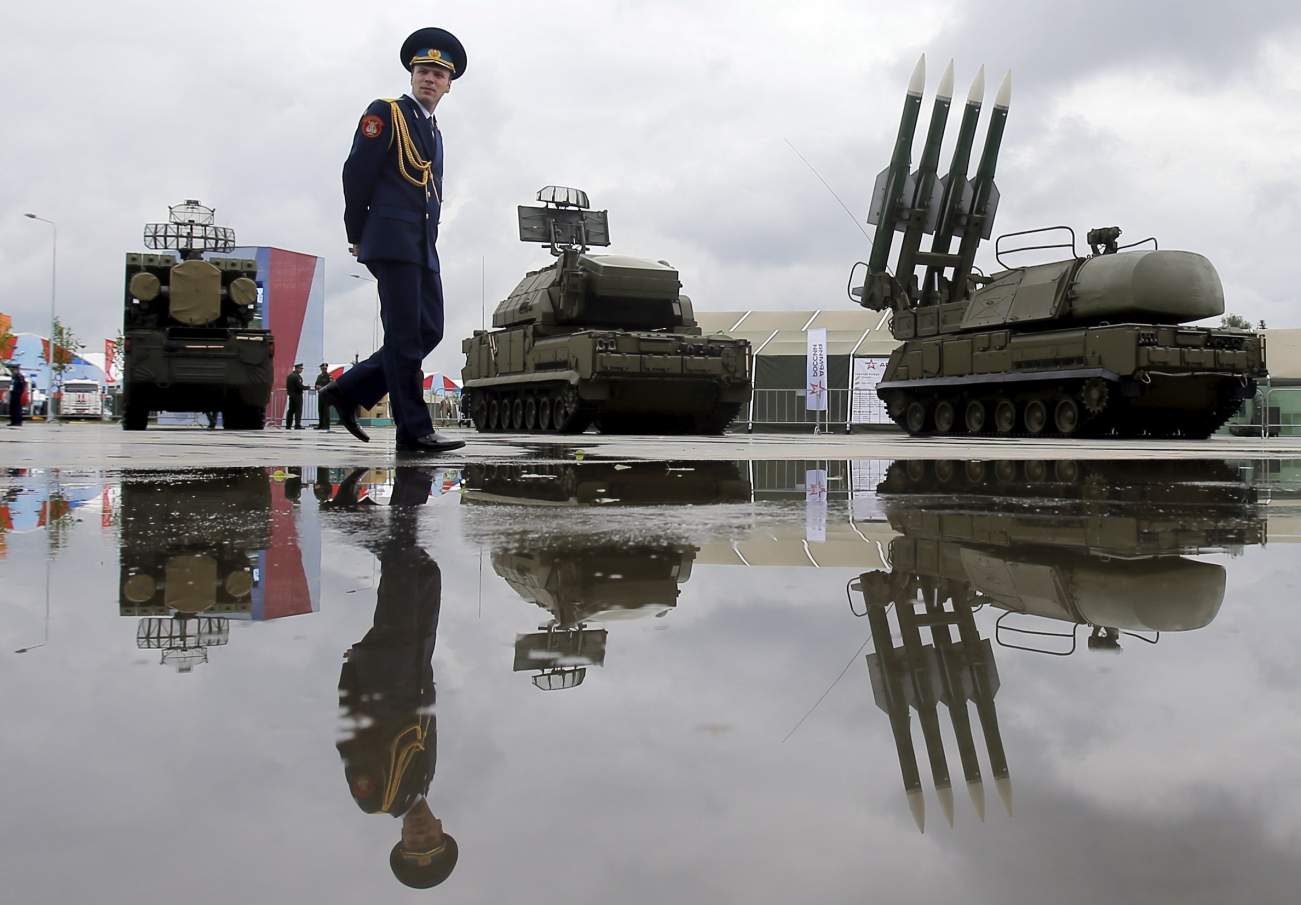

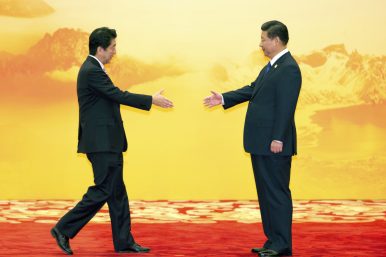
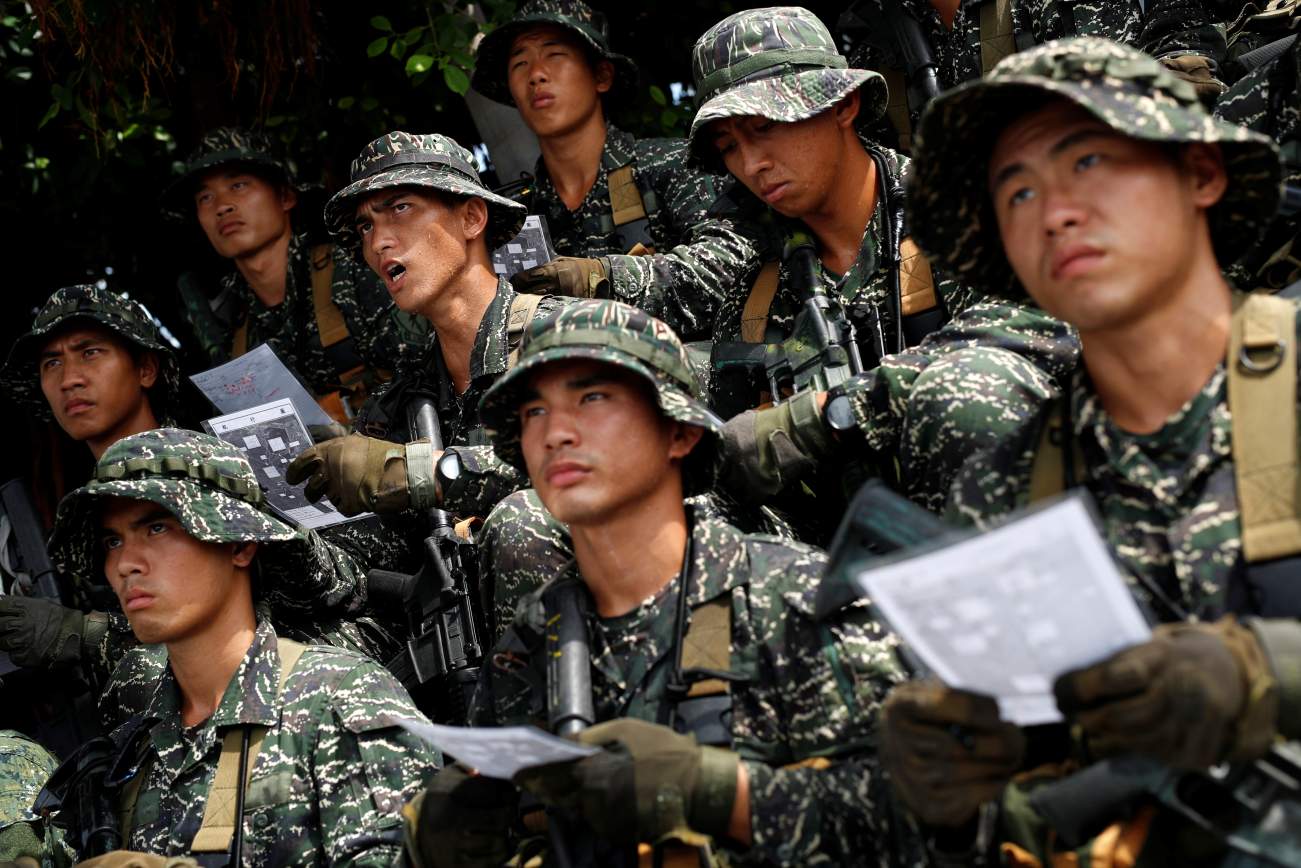




/arc-anglerfish-arc2-prod-mco.s3.amazonaws.com/public/7OUN3EF2HZH55O2KBKILLBHNOE.jpg)
/arc-anglerfish-arc2-prod-mco.s3.amazonaws.com/public/VY6QN5NWPJAQLGSWALUQ3ZO7BQ.jpg)
/arc-anglerfish-arc2-prod-mco.s3.amazonaws.com/public/AOPUTVVLNVCHLKA7DDPYKZS7J4.png)